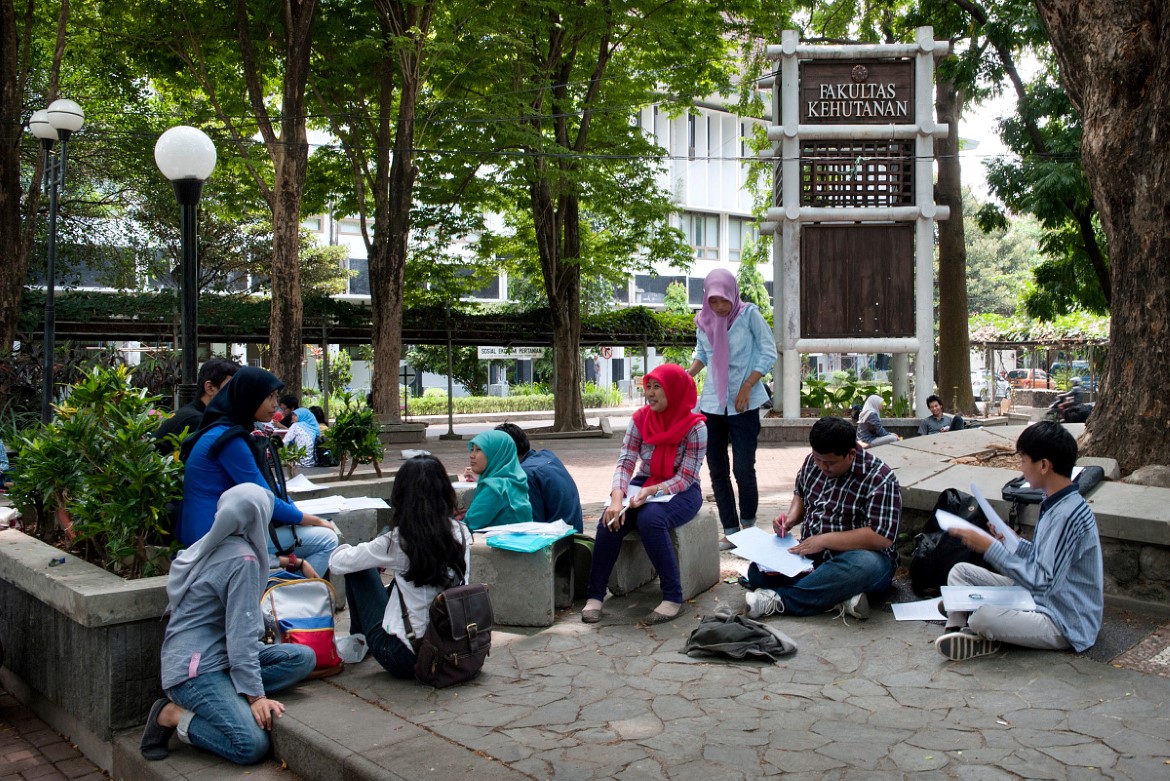
University partnerships receive funding for 60 projects through the NORHED programme
NORHED is Norway’s flagship programme on higher education and research for development. The aim is to strengthen the capacity of higher education institutions in the Global South to produce higher-quality graduates, more and higher-quality research, and more inclusive higher education. The partnership model supports collaborative partnerships between higher education institutions in Norway and the Global South.
- To strengthen the capacity of higher education institutions is important in order to strengthen their role as social actors for development, explains Norad’s Director General Bård Vegar Solhjell.
Higher education provides youth with the skills and mindsets required not only for employment but for addressing key challenges for sustainable societies. Research, grounded in academic freedom and critical thinking by researchers, produces new knowledge, new technologies and solutions, and dynamic ways of understanding how social, political, economic and cultural transformations are generated.
Strong competition
Norad received 199 applications to this call, of which 60 will be funded. Total amount applied for is NOK 3,1 billion, while the total budget for this call is around NOK 1,1 billion.
- Due to the high competition and limited funding available, many relevant and high- quality projects have unfortunately been rejected, says Jeanette da Silva, coordinator for the NORHED programme.
The NORHED II portfolio covers a broad thematic focus, across all six sub-programmes and several Sustainable Development Goals. One example is a weather monitoring project in East Africa that will develop important insight on the effects of climate change on agriculture and food security. Other examples are public health training and research in Myanmar, inclusive E-learning systems in Palestine, and indigenous intercultural communication in Latin America.
NORHED II gives priority to 12 partner countries. These are all represented in the new programme portfolio, with the exception of one project in the Sahel region. Most projects are regional with strong South-South elements, and some even with partners across continents such as a project including Bangladesh, Nepal, Mozambique and Uganda. Others are in-country, where so-called “strong” institutions collaborate with younger and less established institutions.
The countries involved in the highest number of projects are Uganda, Tanzania, Ethiopia and Malawi. In Asia, Nepal has the highest number of projects, and Colombia in Latin America. In total the NORHED II portfolio includes 32 countries and 100 partner institutions across Africa, Asia, and Latin America.
Norwegian partners include 11 higher education institutions, of which the Norwegian University of Science and Technology (NTNU), University of Bergen (UiB), University of Oslo (UiO) and Norwegian University of Life Sciences (NMBU) are involved in the highest number of projects.
Assessment process
The applications have undergone a thorough assessment process. This includes assessments by Independent Review Committees (IRC) made up of international experts, established for each of the six thematic sub programmes. The IRCs have assessed all applications individually based on the criteria set out in the call for proposals, which includes 1) relevance, 2) quality of project design and 3) partnership and implementation.
Further, relevant Norwegian embassies and technical departments in Norad have commented on relevance to national needs and priorities in the country/region, relevance to other Norwegian initiatives in the partner countries, and possible risk factors. In the final decision, thematic and geographical priorities for the overall NORHED II portfolio as well as budget available has also been taken into consideration.
Norad will now commence dialog with the agreement partners regarding possible adjustments to plans and budgets, before entering into agreements early 2021.
